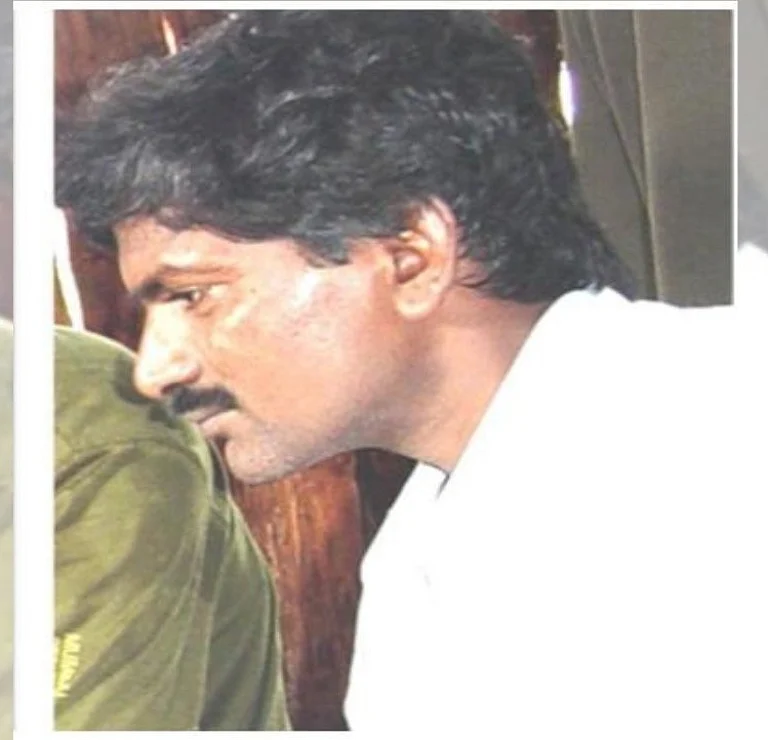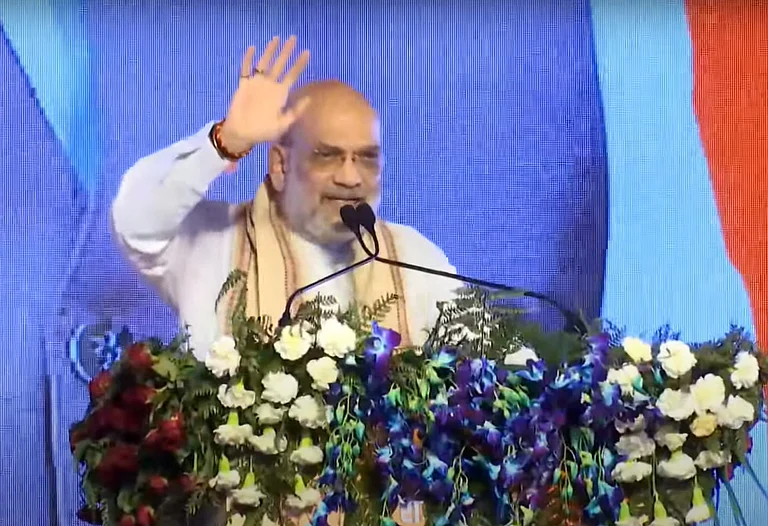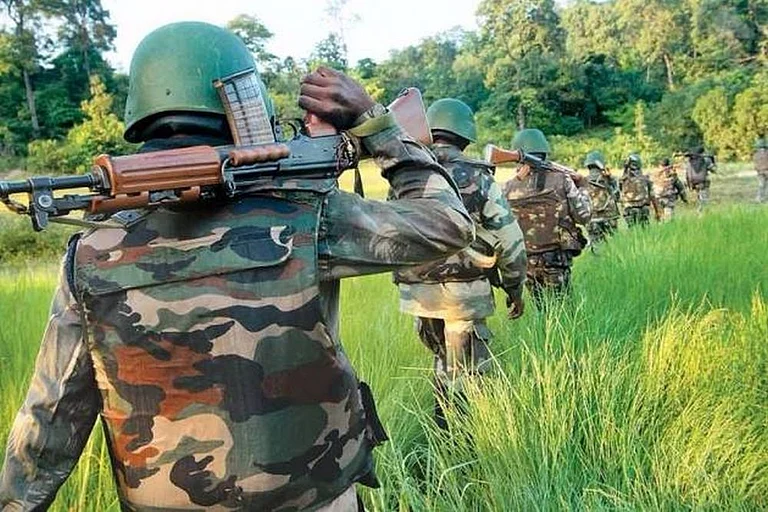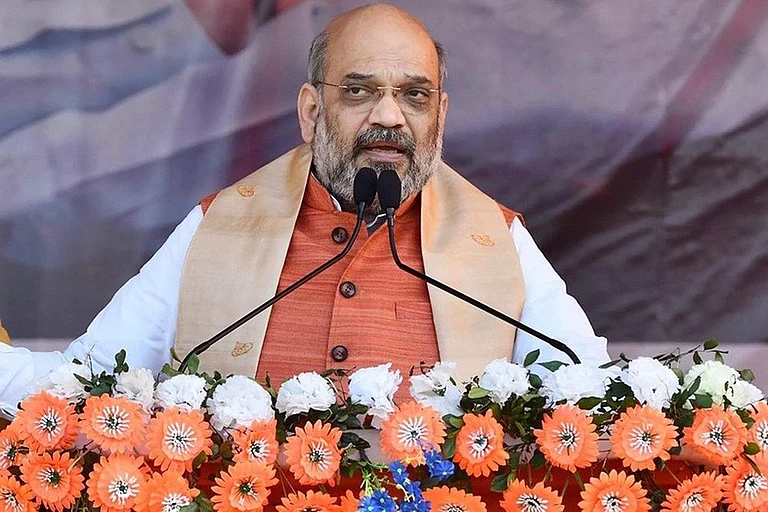
A total of 103 Maoists, including 49 with bounties worth over ₹1 crore, surrendered before authorities in Chhattisgarh’s Bijapur district.
Senior CPI (Maoist) figure Mallojula Venugopal Rao alias Sonu, regarded as the group’s chief ideologue and strategist, was among those who laid down arms.
Officials said the surrender deals a serious blow to the Maoist movement, signalling deep internal divisions and growing disillusionment with armed struggle.
As many as 103 Maoists, including 49 carrying a collective bounty of more than ₹1 crore, surrendered before authorities in Bijapur district of Chhattisgarh on Thursday (October14, 2025), a police official said.
With the surrender of Mallojula Venugopal Rao, alias Sonu, the Communist Party of India (Maoist) has lost not only its ideological strength but also its communication network and public outreach in South Bastar.
A Politburo and Central Military Commission member, Sonu, 70, was the ideological head of the party as well as its communication specialist and key link to the world outside the forests of Chhattisgarh.
The cadres, including 22 women, turned themselves in before senior police and Central Reserve Police Force (CRPF) officials, citing disillusionment with the “hollow” Maoist ideology and internal divisions within the banned CPI (Maoist), said Bijapur Superintendent of Police Jitendra Kumar Yadav.
Venugopal Rao, one of the most influential figures in the CPI (Maoist) hierarchy, laid down arms in the presence of Maharashtra Chief Minister Devendra Fadnavis in Gadchiroli, officials confirmed.
“This is a major blow to the CPI (Maoist) movement. Venugopal Rao’s decision to abandon armed struggle reflects the growing realisation among senior leaders that violence has no future,” an official said.
Chhattisgarh Deputy Chief Minister Vijay Sharma said the development marked a decisive shift in the region. “The people of Bastar are determined to end Naxalism,” he said, recalling that a female Politburo member had surrendered a year earlier.
“Her husband’s surrender today shows the changing ground realities. The administration will rehabilitate those who give up violence, but those who persist in armed resistance will be dealt with firmly by security forces,” Sharma added.
Following the death of his elder brother, top Maoist leader Kishenji, Venugopal is believed to have taken charge of the CPI (Maoist)’s armed resistance against Operation Green Hunt in West Bengal, particularly during the Lalgarh movement.
Over the years, he was regarded as a key strategist and ideologue within the organisation, operating mainly from forested zones across central India, including parts of Chhattisgarh, Maharashtra, Telangana, and Odisha.
According to officials, Venugopal had signalled his willingness to surrender earlier this year. A press release dated 15 August, which surfaced in September, announced his intention to abandon armed struggle. Sources said he later gained the support of a significant faction of Maoist cadres across several states who endorsed his decision.
Security officials said the surrender provides an opportunity to consolidate peace in Left Wing Extremism-affected areas and strengthen ongoing outreach and rehabilitation initiatives.
“This is a moment to build trust and ensure that those who return to the mainstream are given a fair opportunity to rebuild their lives,” an official added.
With Venugopal’s surrender, the CPI (Maoist) has suffered a major loss of ideological leadership, communication capability, and influence in South Bastar. His exit is expected to deepen internal divisions and further weaken the organisation’s top ranks.
Reports last week suggested that Sonu, a native of Telangana, had already left the party. In a letter, he urged cadres to “save themselves” and avoid “meaningless sacrifices,” highlighting growing internal rifts over whether to give up arms and join the mainstream, according to CNN-News18.
In the same letter, Sonu reportedly admitted that he could no longer sustain the armed movement under current conditions. Calling the Maoists’ path “completely wrong,” he apologised for failing to arrest the organisation’s decline and blamed repeated leadership errors for its setbacks.
He is said to have received support from the CPI (Maoist)’s North and West sub-zonal bureaus, whose members expressed willingness to follow his lead and rejoin mainstream society.




























